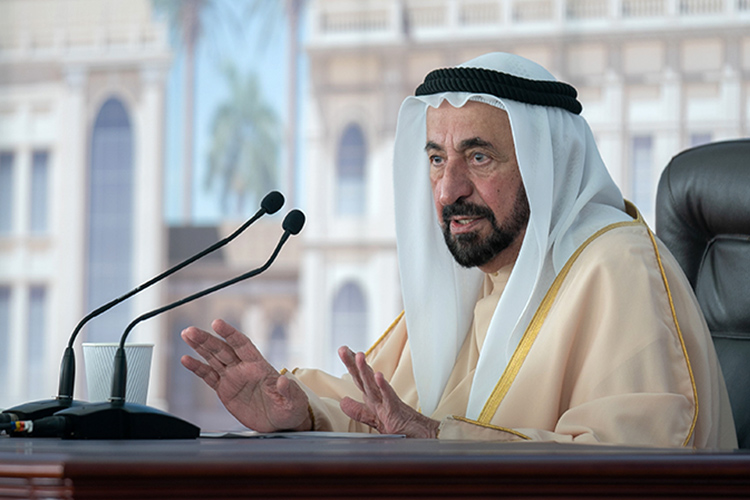Implementation of NAP govt’s foremost priority, says Imran

Pakistan is firmly committed to not allowing any militant group to operate within the country: Imran Khan.
ISLAMABAD: The National Internal Security Committee (NISC) decided constitution of Expert Working Groups to ensure seamless co-ordination and implementation of the National Action Plan (NAP) to counter terrorism.
Prime Minister Imran Khan chaired the first-ever NISC meeting with the spy chief, director general of the Intelligence Bureau (IB), federal secretaries and provincial chief secretaries in attendance, alongside prominent cabinet members - Foreign Minister Shah Mahmood Qureshi, Finance Minister Asad Umar, Education Minister Shafqat Mehmood, Religious Affairs Minister Noorul Haq Qadri, and Minister of State for Interior Sheheryar Afridi.
Imran told the attendees that implementation of the NAP is the government’s foremost priority as it is reflective of the will of the nation, and a consensus document which was agreed upon by all political parties in the country, an official statement said. After the December 2014 Army Public School tragedy, the government had announced the 20-point NAP to counter terrorism after deliberations with opposition parties. NAP comprises policy initiatives aimed at wiping out terrorist outfits across the country, integrating security efforts of the federal and provincial governments by engaging all the stakeholders, dismantling terrorist networks and ensuring deterrence by utilising available capabilities and resources of security organisations to overcome internal threats to state security.
The premier said that the government is committed to removing all impediments in the way of implementation of NAP in letter and spirit. He reiterated that Pakistan is firmly committed to not allowing any militant group to operate within the country, or use its territory for any militant activity within or outside Pakistan.
Umar gave the meeting an update about matters related to the Financial Action Task Force (FATF) and related matters, and meetings held with the Asia Pacific Group in this regard.
Separately, Imran has finally “reconsidered” his strategy and began “consultations” with leader of the opposition in the National Assembly Shahbaz Sharif by suggesting through a letter three names each for the vacant posts of the members of the Election Commission of Pakistan (ECP) from Balochistan and Sindh as the constitutional deadline for the purpose expired earlier this month. The letter written to Sharif from the Prime Minister Office reveals that the government has withdrawn the previous nominations that had been sent to the opposition leader through the office of the foreign minister and new names have now been suggested for the two vacant constitutional posts.
The prime minister has suggested the names of Amanullah Baloch, former district and sessions judge, Quetta; Munir Kakar, a lawyer; and Mir Naveed Jan Baloch, a businessman and former caretaker minister in the provincial government, for their nomination as a member of the ECP from Balochistan.
He has proposed the names of Khalid Mehmood Siddiqui, a lawyer; retired Justice Farrukh Zia Sheikh, a former judge of the Sindh High Court; and Iqbal Mehmood, retired inspector general of Sindh, for their nomination as a member of the ECP from Sindh.
The move came after criticism from the opposition as well as from legal circles over the refusal of the prime minister to hold direct mandatory consultation with the opposition leader as required under the Constitution.
The government had to face more criticism when Qureshi sent the nominations and that too through an additional secretary working in the foreign ministry.
Previously, the government had proposed the names of Dr Salahuddin Mengal, former advocate general for Balochistan; Mahmud Raza Khan, former additional advocate general for Balochistan; and Raja Aamir Abbasi, ex-deputy prosecutor general of the National Accountability Bureau, for their appointment as a member of the ECP from Balochistan.
It had proposed the names of Mohammad Nadeem Qureshi, ex-member judicial (judge of the customs appellate tribunal); retired justice Abdul Rasool Memon, former registrar of the SHC; and retired justice Noorul Haq Qureshi, a former Islamabad High Court judge from Sindh.
The Pakistan Muslim League-Nawaz (PML-N) had expressed surprise over the government’s act of involving the foreign ministry in the appointment of ECP members apparently due to the prime minister’s reluctance to hold consultations with Sharif.



